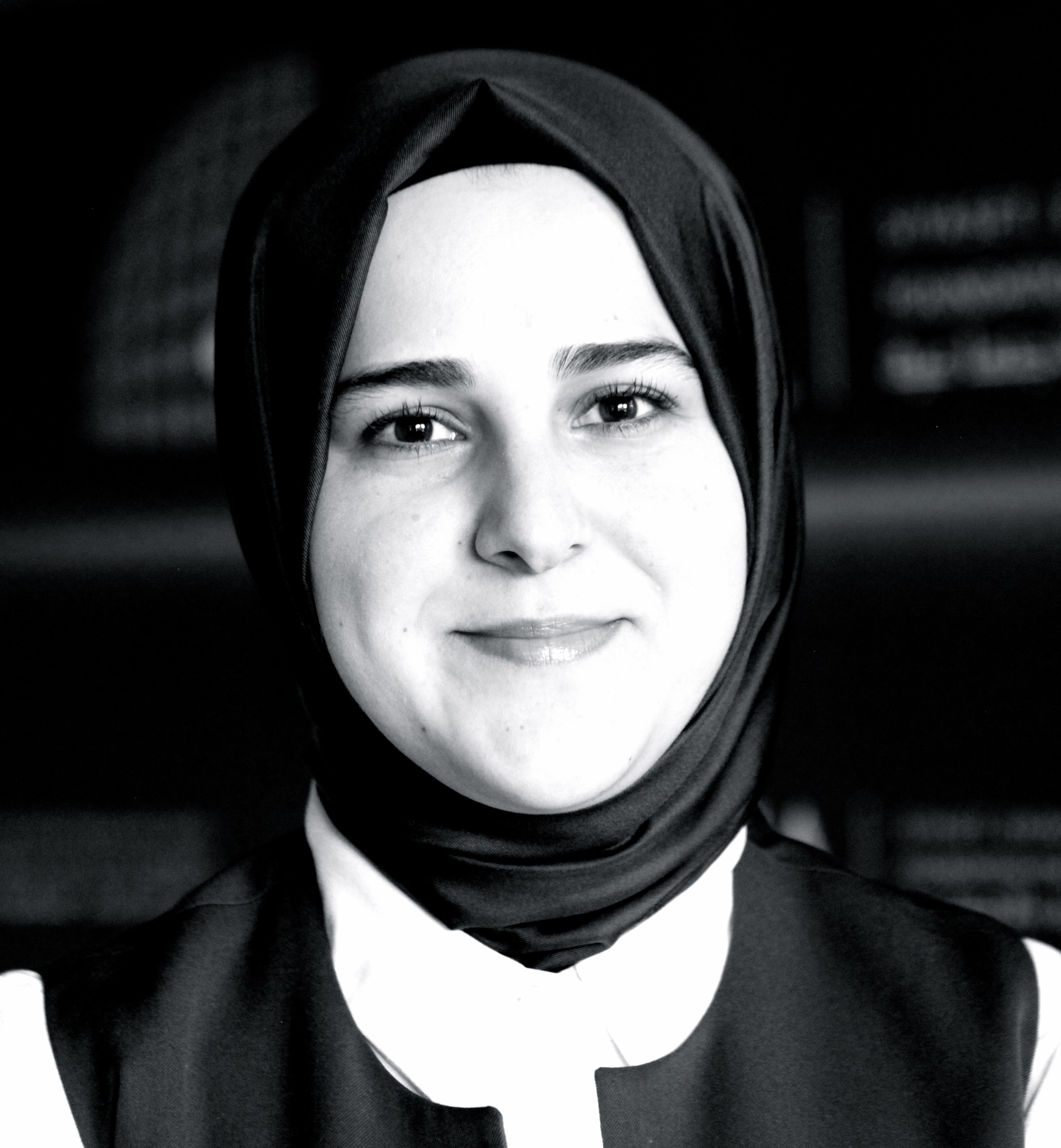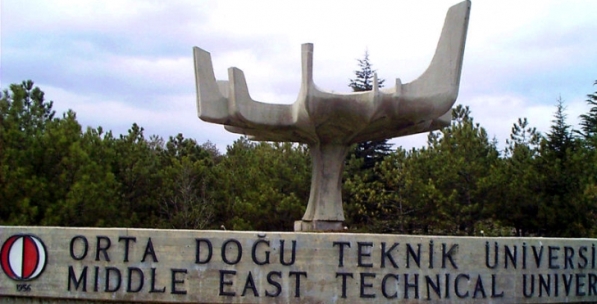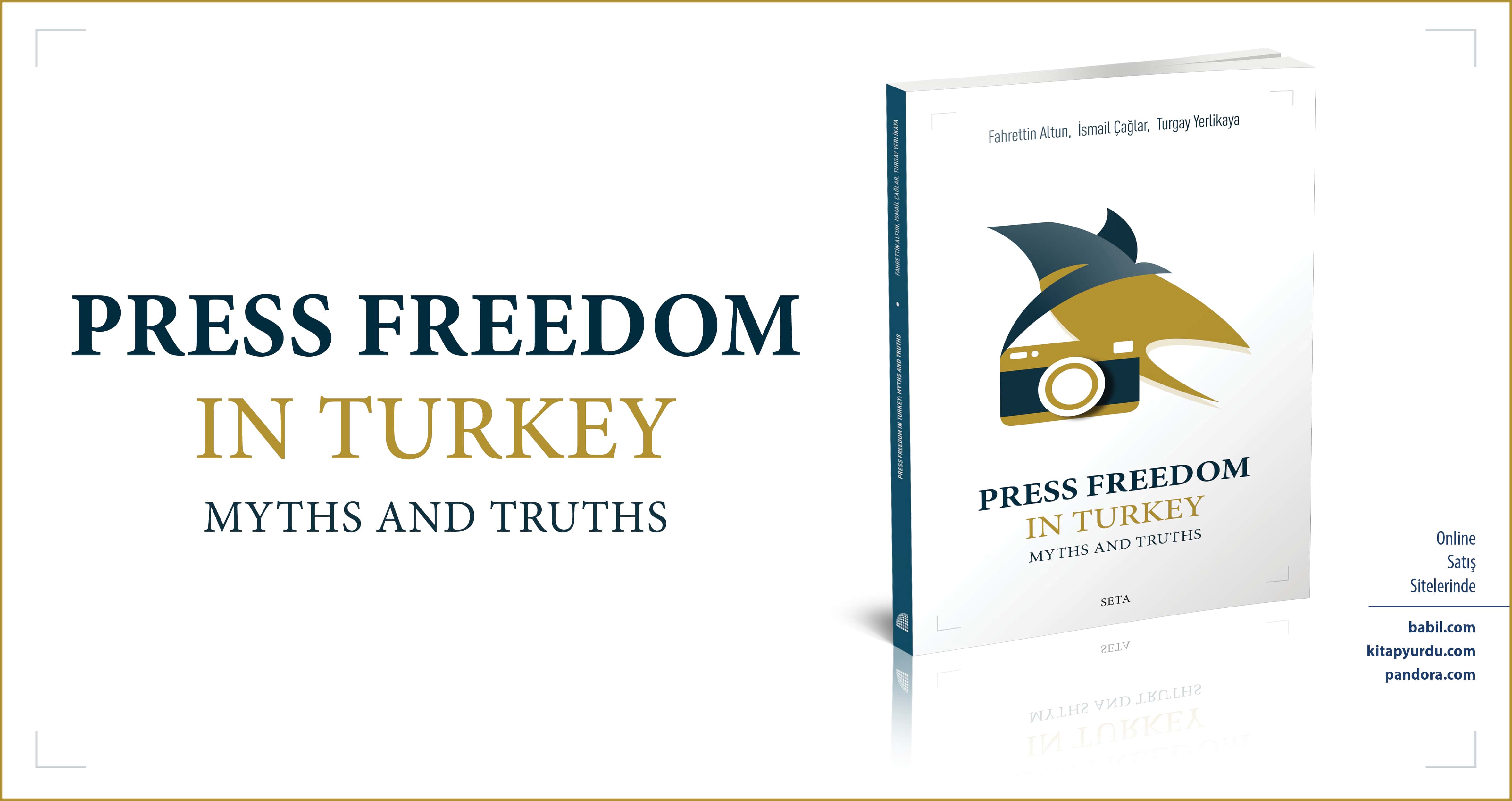As we are talking about the democratization of Turkey and elimination of prejudices in the society, recent incidents at the Middle East Technical University (METU) campus prove that some problems still persist. Verbal harassment of some students with banner in their hands against women accompanying a family, who was at the campus for enrollment, because they were wearing headscarf is a great misfortune for a university like METU which strongly supports freedoms.
The normalization of Turkey is, without a doubt, an ongoing process and naturally may have ups and downs. However, such an incident at a higher education institution directly influences how one addresses the issue. The limits of the university youth, hate crimes, freedom of expression and academic freedoms in Turkey should be immediately brought to the table for in-depth discussions. Trying to sweep this incident under the rug and calling it an isolated incident will contribute to the aggravation of the problems. The society, as a result, will begin to perceive hate crimes as normal and more disgraceful incidents will spread to other social spheres. It is, therefore, a must to correctly analyze what happened at METU.
METU is one of prestigious universities in Turkey and in the world. Students and academics with different political opinions, ideologies, religion and beliefs coexist at METU and other similar universities. This adds dynamisms to universities; livens up academic life and, in this sense, paves the way for academic freedoms and freedom of expression. The increase in the number of universities and university students is not only significant for cherishing pluralism and tolerance for generations and guaranteeing freedom of expression and academic freedoms but also an opportunity for Turkey. The definition of the freedom of expression is universal; therefore, it is a must to have academic freedom at campuses of modern universities. Accordingly, the freedom of expression is defined as the right to freely express one’s ideas and opinions without marginalizing and humiliating others at or outside the campus.
RIGHT TO PROTEST OR BULLYING?
The incident at METU campus indicated that concepts such as right to protest, which are included in the freedom of expression, have unfortunately become lumpen. Trying to silence students or guests by force or kick them out of the campus is an act of bullying and it is against modern university idea and practices. It has not been a year since violent protests were carried out at the METU campus to stop Prime Minister Recep Tayyip Erdoğan from entering the university to deliver his speech last December. Students carried banners insulting people from different groups of the society during the commencement ceremony. These incidents, therefore, require that university executives and academics explain the nature of the freedom of expression and academic freedoms in detail to their students. In this sense, the university executives’ right attitude is quite significant in that they are role models for their students. Furthermore, silence implies consent. A university, which has been struggling to forge its identity through liberal opinions, will consent to carry its fascist label if it remains silent. A university like METU is expected to issue a statement to condemn the incident without a delay.
NORMALIZATION OF THE UNIVERSITIES
In Turkey, university students of the day witnessed during their childhood that an elected member of the parliament was howled down and expelled from the Parliament by a left party of the time because she was wearing a headscarf in the Parliament and was consequently stripped of her Turkish citizenship. Moreover, students and academics at universities were discriminated and their freedom to teach and learn was restricted. The recent incidents at METU showed once again that academic freedoms have not settle in universities yet while Turkey is trying to leave these bad experiences behind today as the February 28 post-modern coup case is ongoing. A









